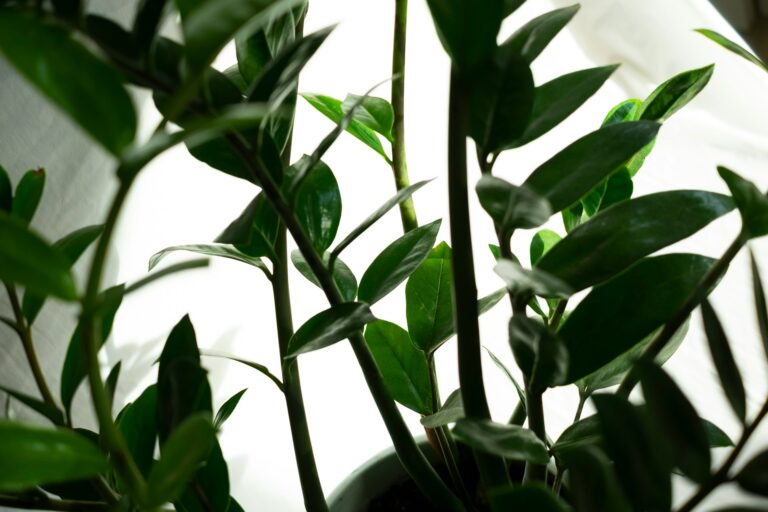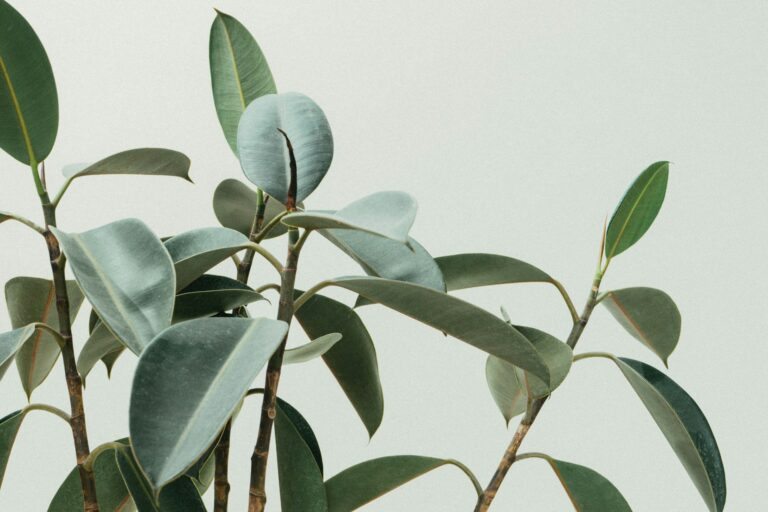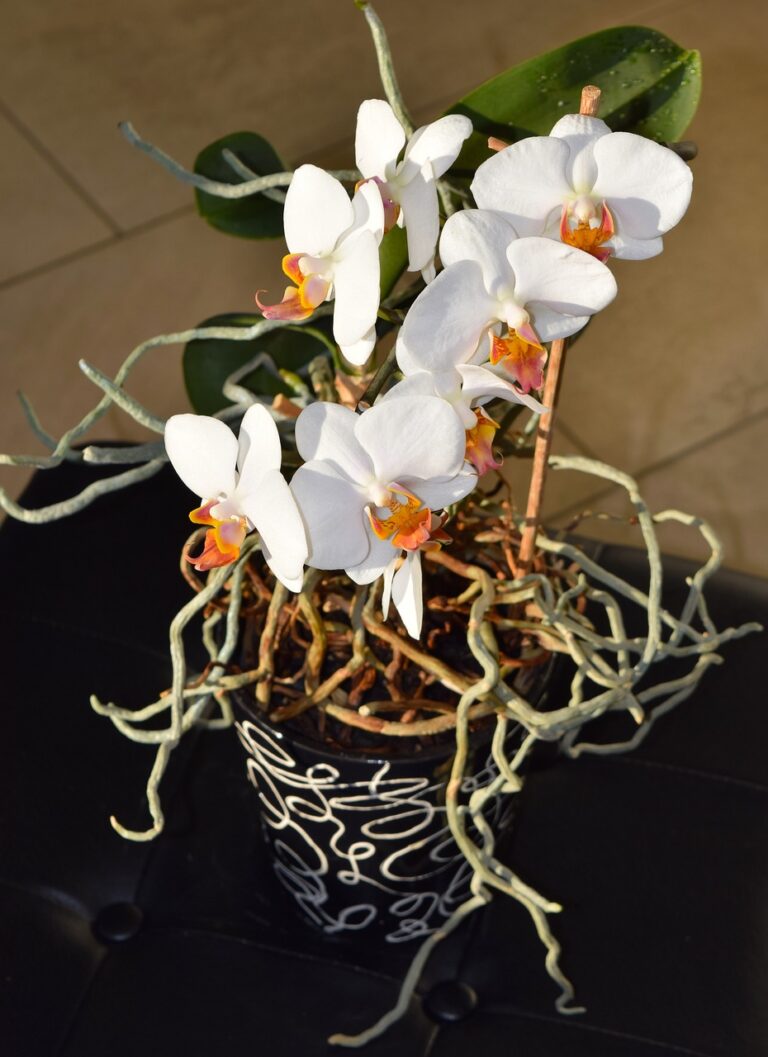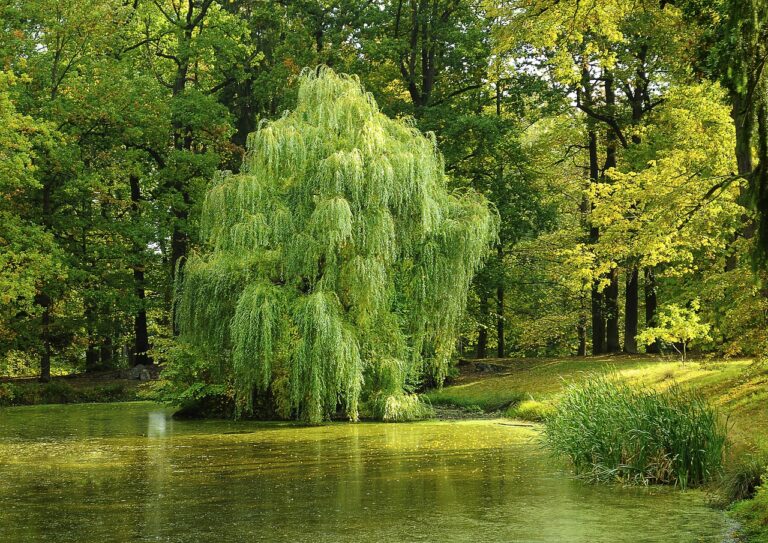Succulents are a popular group of plants known for their unique appearance and ability to store water in their leaves and stems. For some succulents, you can grow them outdoors and some indoors. However, they can grow in both conditions if provided with favorable conditions.
One factor that can greatly affect their growth and overall health is the pH of the soil they are planted in. pH is a measure of the soil’s acidity or alkalinity. Different plants have different preferences for the pH level of their soil.
In this context, the question arises whether succulents like acidic soil. While some succulents can tolerate a range of soil pH levels, there are specific types that thrive in acidic soil conditions. Understanding the relationship between succulents and soil pH can help ensure their success in a garden or indoor environment.
The level of acidity a succulent requires to grow usually changes from one succulent family to another, depending on their native land. So, even if you are growing them locally, they are still used to their original habitat.
Is acidity in soil important for succulents?
For the most part, when growing succulents, you only need the necessary requirements, such as light, soil, nutrients, and water. In all these, no place has stated acidity in the soil is important.
What is important is how you care for your succulents. That means providing the plant with enough water, light, and nutrients to grow.
There is no accurate pH level that is perfect for succulents. So, do succulents like acidic soil? Probably yes, but it’s not a requirement for it to grow. However, you can check the soil if you want to be accurate.
But you should also know that the soil you use has enough acidity for the plant. If you make your soil, add lime to reduce the acidity. However, it’s better to purchase potting soil online, since it has all the requirements a plant needs to grow.
Can succulents survive in acidic soil or alkaline soil
Succulents can generally survive in both acidic and alkaline soils, but the optimal pH range may vary depending on the specific type of succulent. Different types of succulents are available, and they all have different requirements depending on their origin.
Some succulents prefer slightly acidic soil with a pH range of 6.0 to 6.5, while others may thrive in more alkaline conditions with a pH range of 7.0 to 8.0. You must know the succulent you are planting to get the specific range for the family. That will make it easier to know if it can grow in acid or alkaline soil.
However, it is important to note that extremely acidic or alkaline soils can be harmful to succulents, as they can cause nutrient deficiencies or toxicities that can lead to plant stress or death.
It is always best to research the specific succulent you are growing and determine the ideal pH range for its soil. Purchase a pH soil testing kit from Amazon to measure the pH levels in the soil.
What are the signs of pH imbalance in succulents?
An imbalanced soil pH can cause nutrient deficiencies or toxicities that can affect the growth and health of succulent plants. Here are some common signs of pH imbalance in succulents:
- Yellowing or browning of leaves: If the soil pH is too high or too low, the plant may not be able to take up certain nutrients, which can cause the leaves to turn yellow or brown.
- Stunted growth: If the soil pH is too low, the plant may not be able to absorb enough nutrients to support healthy growth, which can cause the plant to be stunted or produce fewer flowers.
- Leaf drop: Extreme pH imbalances can cause leaf drops in succulents, as the plant may become stressed and shed leaves to conserve energy.
- Chlorosis: A pH imbalance can cause the plant to show signs of chlorosis, which is the yellowing of the leaves between the veins.
- Wilting: If the pH is too high or too low, the plant may have difficulty absorbing water, which can cause wilting or dehydration.
If you notice any of these signs in your succulent, it may be time to test the soil pH and adjust it if necessary.
How can you make the soil acidic for succulents?
If you need to make your soil more acidic for your succulents, there are several ways to do so. Here are some methods for making soil acidic for succulents:
- Add peat moss: Peat moss is an acidic organic material that can lower soil pH. Mix it directly into the soil or use it as a top dressing.
- Add elemental sulfur: Elemental sulfur is a common soil acidifier. Mix it into the soil in small amounts and add water to ensure it doesn’t lower the acidity levels too much.
- Use vinegar: Dilute white vinegar with water and apply it to the soil to make it more acidic. Use about one tablespoon of vinegar per gallon of water.
- Use citrus peels: Citrus peels, such as lemon or orange, are acidic and can be used as a natural soil amendment. Chop the peels finely and mix them into the soil.
- Use coffee grounds: Used coffee grounds are slightly acidic and can be used as a soil amendment. Mix them into the soil or use them as a top dressing.
It’s important to note that adding too much acidity to the soil can harm your succulents. Always test the pH of the soil before and after making any adjustments, and make sure not to lower the pH below 5.5.
Is Acidic water good for succulents?
In simple terms, it depends on the acidity levels of the water. Some plants can tolerate slightly acidic water, and others prefer neutral water ranging from 6.0 to 7.5.
If you have water with acidity levels below 6.0, it can harm your plant, causing nutrient deficiencies and adding toxicity. These problems can lead to stunted growth, yellowing or browning leaves, and even the plant’s death.
Additionally, water can affect the soil pH over time, harming your future plants. So, avoiding acidic water on your plants or soil is the best option. You can adjust acidic water by adding lime or baking soda.
Conclusion
Ultimately, it is best to understand that succulents can survive in acidic and alkaline soils. Also, extremely acidic or alkaline soils can harm your succulent plants. When you understand the relation between succulents and soil pH, you will be able to care for these succulents, ensuring their success both indoors and in a garden environment.
Testing the soil pH regularly and making necessary adjustments can help create an ideal growing environment for succulent plants, ensuring they remain healthy and vibrant for years to come.



